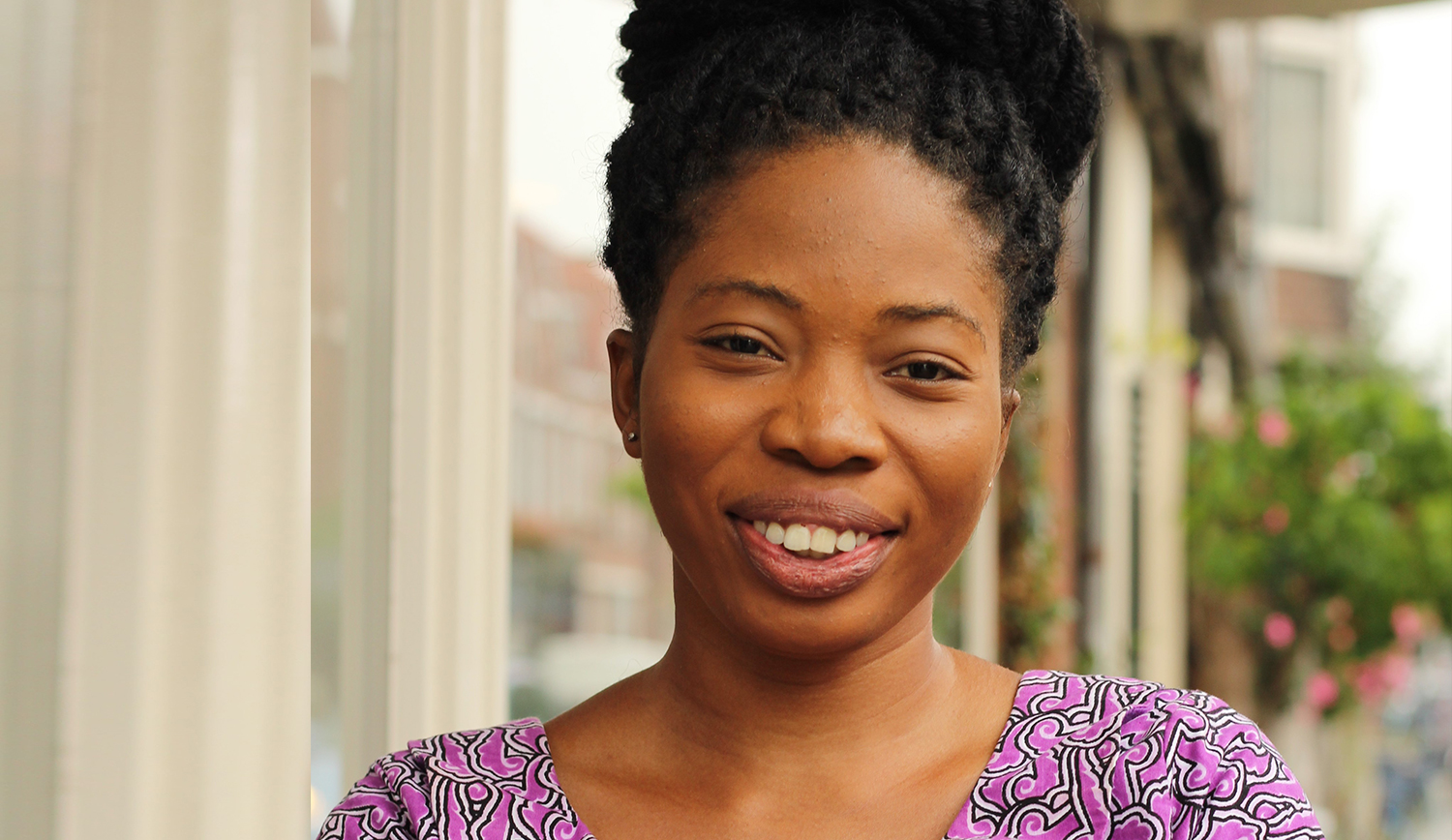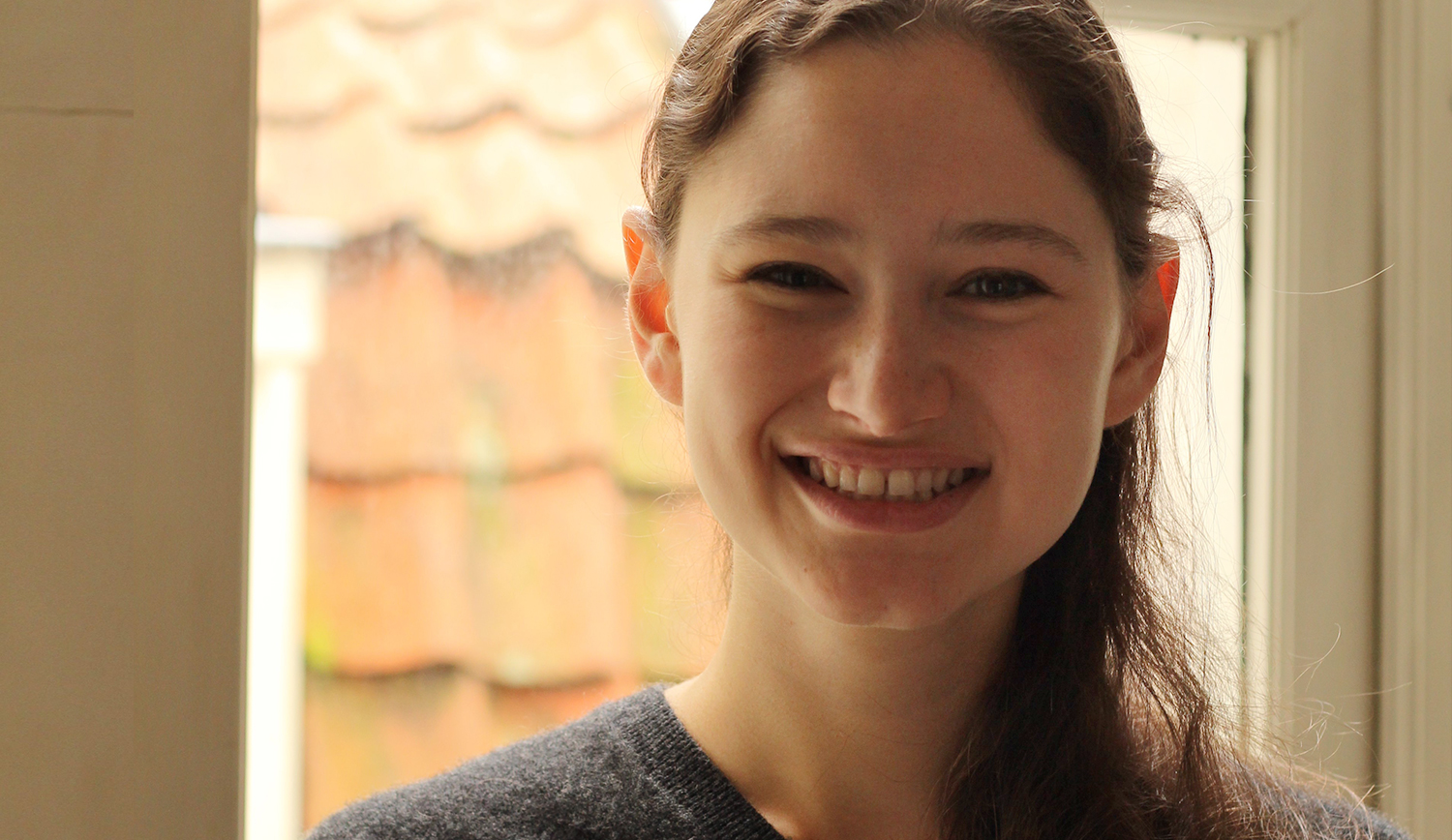Institutional tuition fees: 'There’s a risk that international students will become cash cows'

To ensure people on the labour market keep up with the times, the Dutch government has launched a project called ‘a life long learning’, for people who have jobs and those looking for work. At the same time, because of rules that came into effect in 2010, workers who have already graduated from a study programme have to pay thousands upon thousands of euros for a second Bachelor’s or Master’s programme. What does student union LSVb feel about this?
Chairwoman Tess Rutten (25) of the LSVb says she feels it’s not credible that the government supports life long learning. “In my opinion, a second study programme is unaffordable, and yet, programmes like that can be so important to one’s development, and keeping up with a changing labour market. The Netherlands thrives on knowledge, but acquiring more knowledge is financially unattainable when you’ve already graduated from one study programme.”
The non-European student as source of income
Tuition fees aren’t just more expensive for Dutch people wanting to enrol in a second study programme. Non-European students, for instance, pay thousands of euros more than regular European students do, and more than Dutch students enrolled in their second study programme. A good solution, however, is on its way for European and Dutch students in their second study programmes. Kees Gillesse, chairman of the other student union ISO, explains: “In this period, the institutional tuition fees for European and Dutch students enrolled in a second study programme is maximised. That’s a good thing, of course. Sometimes, the institutional tuition fees were higher than what the university received from the government for students like these, meaning the university would turn a profit off these students. That will end now.
“One thing that’s worrying, is that the costs for non-European students will not be maximised. There’s a risk that they will become cash cows. We need to ensure they’re not just accepted because they bring in money. Internationalisation can definitely be a good thing, but it should not be led by financial motives. You should only internationalise if it adds value to the quality of education.” Rutten says: “In a study programme in Humanities, for instance, international input in workgroup discussions can enrich the educational experience. That’s a material argument for internationalisation, and it’s these types of arguments that should matter. International students aren’t here just to help you fix your budget.”
Stress-related issues from student debt
Rutten continues: “I’m currently in my first study programme. I would love it if in the future, there’s the option of doing a second, affordable study programme. At the same time, I’m already worrying about the costs of my first study programme. The healthy position of recent graduates, starting the rest of your life, is under more and more pressure as a result of quickly increasing student debts. Those debts are a huge problem, and society isn’t really seeing the impact yet. It hangs over people’s heads, and there’s an increase in stress-related issues. When I look at the future, I see that studying in a financially healthy way is becoming more and more difficult.”
Why do non-European students choose Utrecht University?
‘I’d like to get my PhD’

Dzifa Seake-Kwawu (25) started the Master’s programme in Clinical Psychology in September, after completing her Bachelor’s in Psychology and Human Development at the Regent University College of Science and Technology in Accra. The Ghanaian student learned about the existence of Utrecht in January of this year, and was instantly hooked. “The university was featured by a Study Abroad Page on Instagram that I’d been following. I had previously considered going to the United States or Canada, but this particular study programme at Utrecht University attracted me. I want to specialise in the treatment of mental issues, such as trauma and loss. Those things are taught extensively in this study programme, which also includes a thesis and an internship. Aside from this content-related argument, I also feel like Utrecht is a beautiful and very safe city to live in. Plus, for me it’s fun that I have the opportunity to learn a new language here, to learn Dutch. That wouldn’t have been the case if I’d gone to the United States, of course.”
The Master’s student never had doubts because of the tuition fees. “I understand that a country might offer its own residents financial benefits, but it would be beneficial if there’d been more grants for international students. In the future, I’d like to get my PhD, and it’d probably have been cheaper to do my Master’s in Ghana, but now, I probably have a better chance of getting a PhD position in Europe. And even in Ghana, an international Master’s looks good on my CV. Utrecht University has a good reputation, and the teachers I’ve seen so far speak excellent English, making it easily accessible to me. I see this programme as an investment in my development and my future.” Her parents are supportive of her choice to go to the Netherlands. “My father studied in Antwerp, and lived in Nijmegen for some time. He encouraged me to look beyond borders for my studies.” Seake-Kwawu prepared well and read a lot about the Netherlands before coming here. “I haven’t encountered any unexpected surprises, partially because I already knew a lot. The only thing I’m still getting used to is all the bicycles coming at you from all directions if you’re not paying attention for a second, haha!”
‘Higher costs could lead to limited chances for some talented international students’

Jenna Spitzer (25) from New York is starting her two-year Master’s programme in Development and Socialisation in Childhood and Adolescence this year, after an undergraduate degree in philosophy. She’d already been familiar with Utrecht, but came across the Master’s programme by accident. “I’d heard from several international students that searching online led them to Utrecht University because of the highly specific names of the UU Master’s programmes. The same happened to me.” Through her Dutch fiancé, she says, she’d developed a soft spot for the city, which in her eyes is big enough to keep yourself entertained and yet small enough to feel at home quickly when you’re a new resident. “I met Matthijs (her fiancé) in the UK. We lived together in New York for a little while after, and we had plans to live in the Netherlands later as well. When I found this programme and he got a job at the university here, everything came together.” Aside from her study, she’s starting a Dutch language course, just like Dzifa. “Dutch people speak perfect English, so I really need the course for practicing. I’m learning by reading the Donald Duck magazine now, but I hope to improve my skills in practice soon, haha!”
As far as tuition fees for international students go, she’s quite happy with Utrecht and the Netherlands. “In the UK, international students were regularly called cash cows. That felt weird. You should let international students into study programmes to aid intercultural exchange and development. I understand the costs are higher for international students because their parents aren’t paying taxes in that country. At the same time, I think a university sells itself short if it has fewer international students. And higher costs could lead to limited chances for some talented international students.” She adds: “In the Netherlands, the mentality does feel different from the UK. For me personally, it’s not clear yet whether I’ll have to pay the European tuition or the non-European tuition. That’s simply because Utrecht University actively advised me to check whether me having a Dutch partner visa would put me in a different student group. I wouldn’t have pursued this myself: with assistance from my family, I’d gladly have paid the high tuition, as I feel like the university and the study programme deserve the financial support. But it does speak for the university that they’ve pointed this out to me. And regardless, costs are a lot more reasonable here compared to the United States, including for international students.” Then, the doorbell rings: Jenna’s birth certificate, with the correct stamps on it, is being delivered, bringing her one step closer to her visa.